Search
Search within
1447 results found
Briefing
Resistance in Guinea
There have been numerous recent analyses of the different manifestations of ‘resistance’ and ‘reticence’ that continue to be critical in Guinea. The socio-historical context that has contributed to deep-rooted mistrust of the State and authority (a sense of ‘abandonment’ [the…
Blog
Unsung Heroes on the Ebola Frontline
The “selflessness of aid workers and medical volunteers” was praised both by the Queen in her Christmas message and by TIME magazine, who named ‘The Ebola Fighter’s their person of the year 2014. This emphasis on international staff, particularly doctors and nurses, gives a…
Field notes
Village Responses To Ebola Virus Disease In Rural Central Sierra Leone
Bawuya is a small, isolated Kpa-Mende farming village about 3 hours walking time from Taiama, headquarters of Kori chiefdom in Moyamba District, Southern Sierra Leone. Bawuya experienced an Ebola outbreak in September 2014, in which 9 people died and 3…
Field notes
Village Responses to Ebola Virus Disease in Rural Eastern Sierra Leone: Second Interim Report
This report provides further output from an anthropological study of 25 villages affected by Ebola Virus Disease in eastern and central Sierra Leone, undertaken as part of the DFID-funded social mobilization initiative for Ebola prevention in Sierra Leone. Eight focus…
Field notes
What causes Ebola Virus disease?
The four villages in this report are found on the edge of the Gola Rainforest National Park, Sierra Leone and have been studied by members of the present team at intervals since 1987. The aim of this long-term study was…
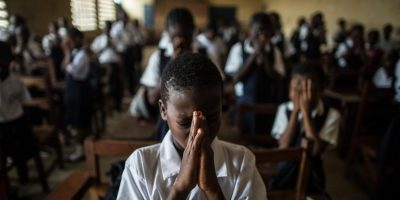
Evidence review
Impact and Implications of the Ebola Crisis
Political impact and implications: Initial analysis suggests that governments’ poor management of the Ebola crisis has generated frustrations and exposed citizens’ lack of trust in their governments. The Ebola crisis is likely to play a very political role in the…
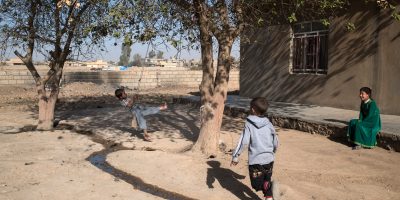
Evidence review
Multiple Shocks, Coping and Welfare Consequences: Natural Disasters and Health Shocks in the Indian Sundarbans
Based on a household survey in Indian Sundarbans hit by tropical cyclone Aila in May 2009, this study tests for evidence and argues that health and climatic shocks are essentially linked forming a continuum and with exposure to a marginal…
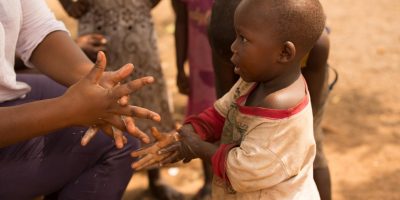
Evidence review
Ebola: What Lessons for the International Health Regulations?
With more than 3000 deaths since the first case was confirmed in March, 2014, the international community has recognised Ebola as a public health emergency of international concern and a clear threat to global health security. It is the subject…
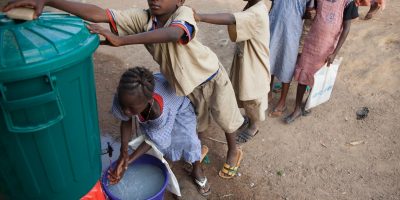
Briefing
Seven Things We Can Learn from the Ebola Epidemic in Uganda in 2000 – 2001
Diseases such as Ebola highlight the importance of a holistic focus on health systems, as opposed to assuming that health is the preserve and concern of health professionals alone. This was the lesson Uganda learnt very quickly in managing the…
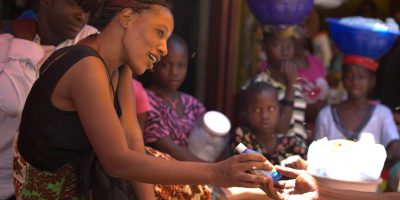
Evidence review
Ebola- Local Beliefs and Behaviour Change
The Ebola epidemic ravaging parts of West Africa is the most severe acute public health emergency seen in modern times. Never before in recorded history has a biosafety level four pathogen infected so many people so quickly, over such a…

Evidence review
A Devastating Toll: the Impact of Three Years of War on the Health of Syria’s Children
Syria’s shattered health system is forcing health workers to engage in brutal medical practices and a series of epidemics have left millions of children exposed to a plethora of deadly diseases. This report sheds light on a broken health system…
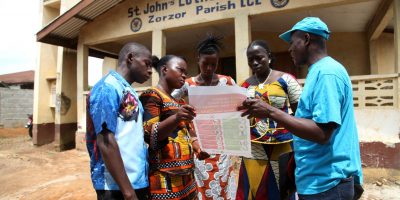
Evidence review
Ebola Regional Lesson Learning
The Ebola outbreak currently affecting West Africa is the most serious trans-national medical emergency in modern times. It has the potential to become a global health crisis. Many of the countries affected already have weak health systems, which are now…


